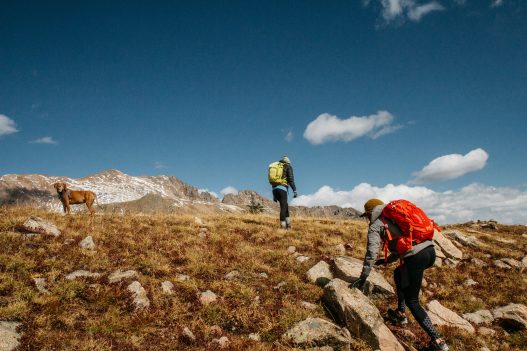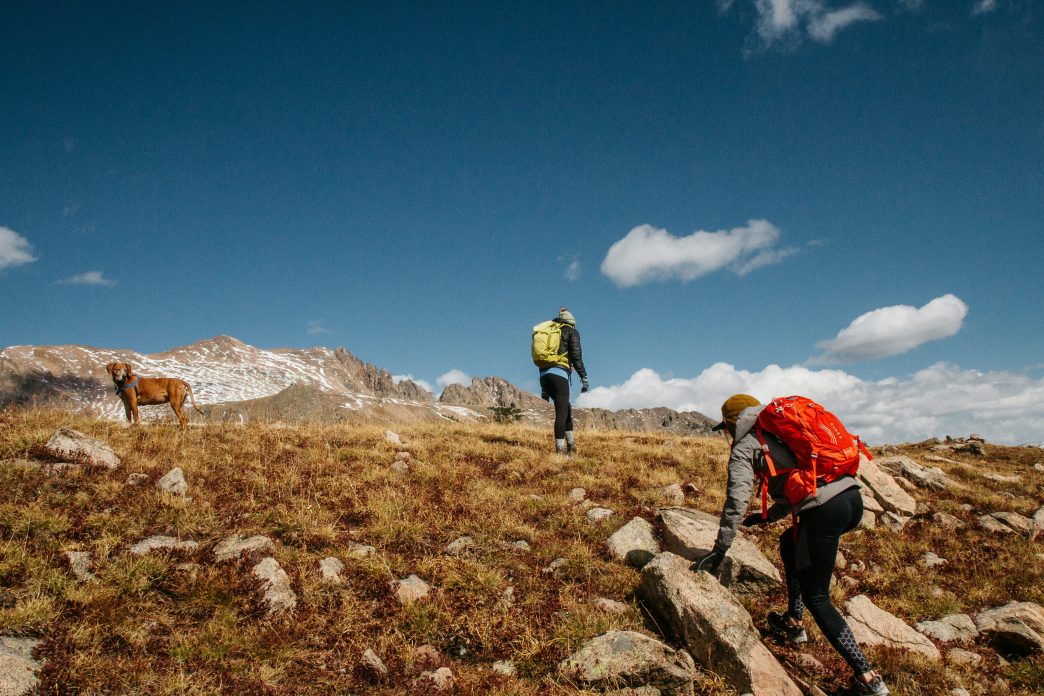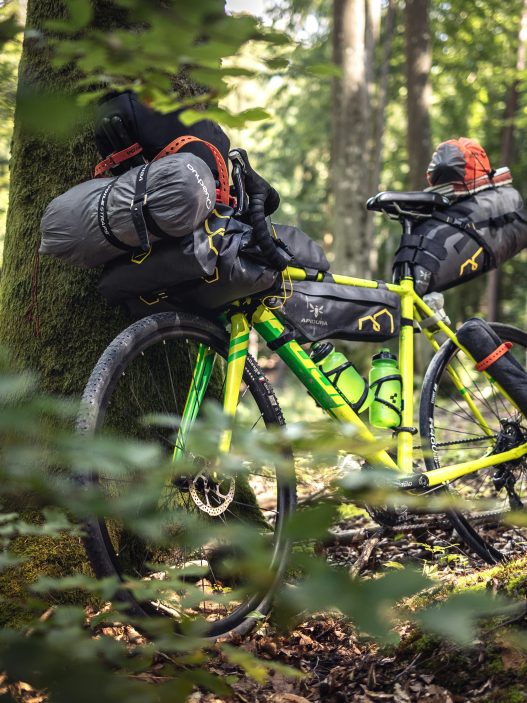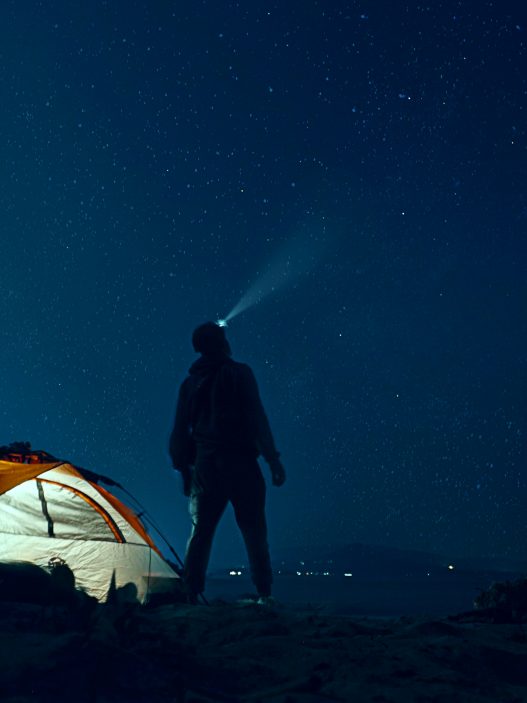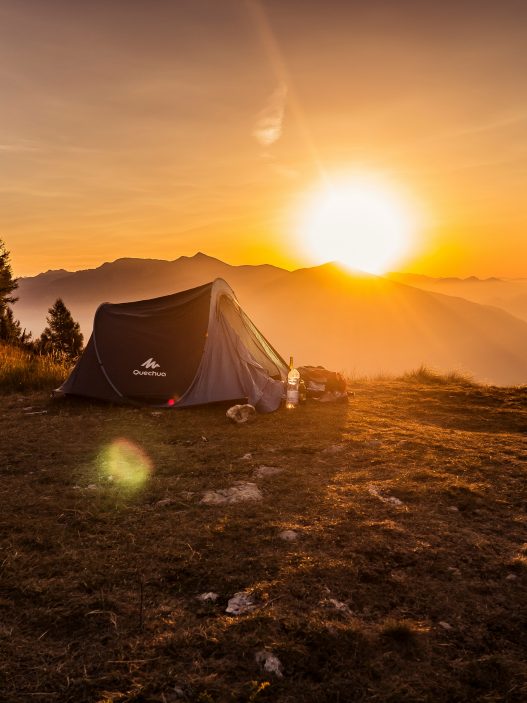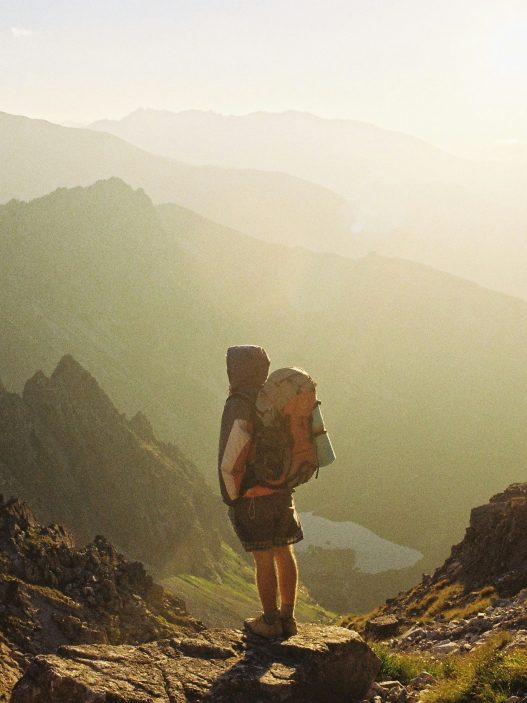Hiking is a popular outdoor activity that offers a chance to connect with nature while getting some exercise. An essential element for a successful hike is a reliable backpack. Veterans and newcomers alike recognise that a good hiking backpack not only carries essentials comfortably but also enhances the hiking experience. With numerous brands on the market, two names often come up in discussions: Osprey and Deuter.
Both brands have gained a reputation for quality and durability in backpack design, each featuring numerous styles tailored to various hiking needs. Osprey is known for its innovative features and comfort, while Deuter focuses on practicality and ease of use. When selecting a hiking backpack, pay attention to factors like weight, capacity, fit, and materials used. These elements can significantly impact your comfort and performance during hikes, ensuring that you remain focused on the journey ahead.
After considering the key aspects of trekking backpacks, we gathered insights and assessed multiple models from both brands to determine which provides the best options for different hiking scenarios.
Best Hiking Backpacks
In our exploration of hiking backpacks, we’ve compared Osprey and Deuter to determine which brand offers the best options for outdoor enthusiasts. Below, we present our curated list of top products that deliver both quality and functionality for various hiking adventures.
Osprey Daylite Plus Commuter Backpack
This backpack offers an excellent combination of comfort, durability, and versatility for both commuting and hiking adventures.
Pros
- Sturdy construction using high-quality materials
- Lightweight design without sacrificing storage capacity
- Great organisation with multiple compartments
Cons
- The shallow secondary compartment may not suit everyone
- Limited colour options
- It might feel small for extended hiking trips
We’ve recently taken the Osprey Daylite Plus out on several hikes, and it has quickly become a favourite. The pack feels incredibly sturdy, owing to its premium materials, which are clearly built to last, even in rugged outdoor conditions. The lightweight design means that we could comfortably wear it for longer durations without feeling weighed down.
The internal hydration sleeve is a standout feature, making it easy to stay hydrated on the go. The main compartment loads from the front, providing quick access to everything inside. On one of our trips, we appreciated how spacious the bag felt; it easily accommodated lunch, water bottles, and extra layers without being overstuffed.
While the Daylite Plus excels in everyday use, some might find the secondary compartment not very useful due to its shallowness. However, for quick access to items like snacks or a phone, it does the job well enough. Overall, we find this backpack to be an excellent choice for those who want reliability and practicality in one compact design.
Osprey Farpoint 40L
We believe the Osprey Farpoint 40L is an excellent investment for those who value comfort and organisation in their travels.
Pros
- Comfortable with adjustable torso fit for personalised comfort
- Well-organised compartments and pockets for efficient packing
- Lightweight design makes it easy to carry
Cons
- Pricey compared to some budget options
- No dedicated laptop compartment can be a drawback for tech users
- Limited colour options may not appeal to everyone
Upon our first use of the Osprey Farpoint 40L, we were impressed with how effortlessly it balances comfort and functionality. The harness and hip belt felt secure, effectively transferring the load across our body. This design really helped during long walks, minimising discomfort.
We appreciated the thoughtful compartment layout. The ability to fully unzip the bag like a suitcase made packing and unpacking straightforward, especially when navigating through busy airports. The external mesh pockets are perfect for quick access to water bottles, while the zippered front pocket kept our essentials handy.
While the Osprey Farpoint 40L comes at a premium price, it’s clear that the investment pays off in terms of durability and comfort. Whether for a weekend getaway or an extended adventure, this backpack proves itself to be a reliable companion. It’s designed with travel in mind, and we felt that during our journey with it.
Buying Guide
When selecting a hiking backpack, we need to consider several crucial features to meet our needs effectively.
1. Capacity
Determine the volume we require based on the duration of our hike.
- Day hikes typically need 20-30 litres.
- Overnight trips may require 40-60 litres.
- Extended trips might necessitate 70 litres or more.
2. Fit
A proper fit is essential for comfort. We should look for adjustable straps and hip belts.
- Check the torso length adjustment.
- Try the backpack with weight to ensure comfort.
3. Weight
Lightweight materials can enhance our overall hiking experience.
- We should balance durability with weight.
- Consider packs made from high-denier fabrics for better durability.
4. Features
Look for functional elements that suit our hiking style.
- Hydration reservoir pockets are convenient.
- External attachment points for gear can be beneficial.
5. Ventilation
Ventilated back panels can reduce sweating.
- Mesh backs allow airflow while carrying.
- This is particularly valuable on warm days.
6. Durability
Material quality impacts longevity.
- Check for reinforced seams and sturdy zippers.
- Water-resistant or waterproof materials are advantageous.
By evaluating these factors, we can confidently choose a backpack that fits our requirements for comfort, functionality, and performance on the trails.


